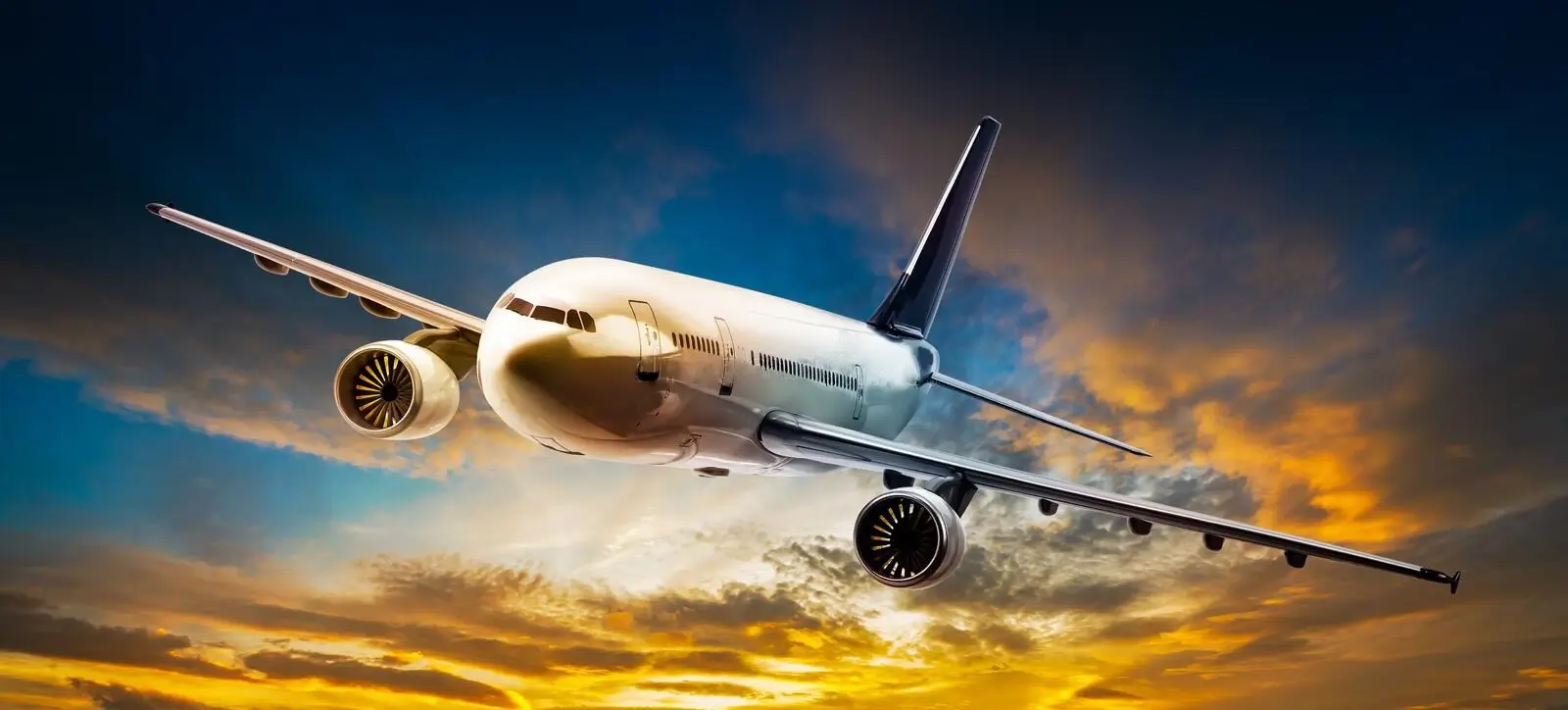Lagos is a bustling and vibrant city located in Nigeria, West Africa. Here's some detail about Lagos:
- Location and Geography: Lagos is situated in the southwestern part of Nigeria, along the coast of the Atlantic Ocean. It is the largest city in Nigeria and one of the fastest-growing cities in the world. Lagos consists of a series of islands, including Lagos Island, as well as mainland areas.
- Population: Lagos is one of the most populous cities globally, with an estimated population exceeding 20 million people. Its population is incredibly diverse, with residents from various ethnic, cultural, and religious backgrounds.
- Economic Hub: Lagos serves as Nigeria's economic capital and is a major financial and commercial center in Africa. The city's economy is diverse and includes sectors such as finance, manufacturing, technology, trade, and services. Lagos is home to Nigeria's largest seaports and international airport, facilitating significant trade and commerce.
- Tourist Attractions: Despite its bustling urban environment, Lagos offers several attractions for visitors.
- Culture and Entertainment: Lagos is renowned for its vibrant culture, music, and nightlife. The city's music scene, particularly Afrobeat, has gained international recognition. Lagos hosts numerous festivals, concerts, and cultural events throughout the year, celebrating its rich heritage and creativity.
- Challenges: Like many rapidly growing cities, Lagos faces various challenges, including traffic congestion, inadequate infrastructure, and environmental pollution. However, ongoing efforts are being made to address these issues and improve the quality of life for residents.
- Food and Cuisine: Lagos offers a diverse culinary scene, with a wide range of restaurants, street food vendors, and markets serving traditional Nigerian dishes as well as international cuisine. Local specialties include jollof rice, suya (grilled meat), and pounded yam with egusi soup.
- Transportation: Transportation in Lagos includes buses, taxis, ride-hailing services, and ferries. The city's road network can be congested, especially during peak hours, but efforts are being made to improve public transportation infrastructure, including the construction of a light rail system.













